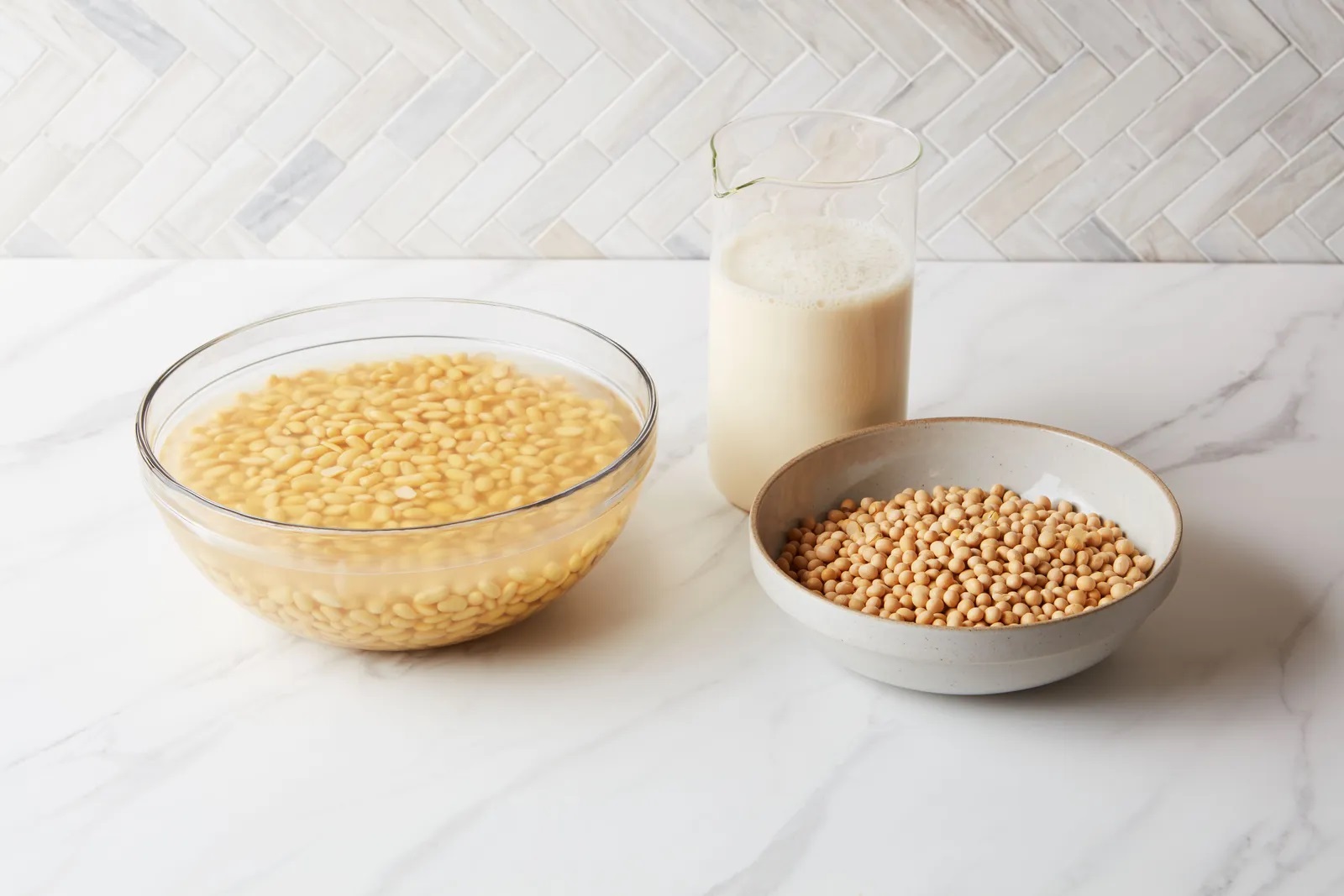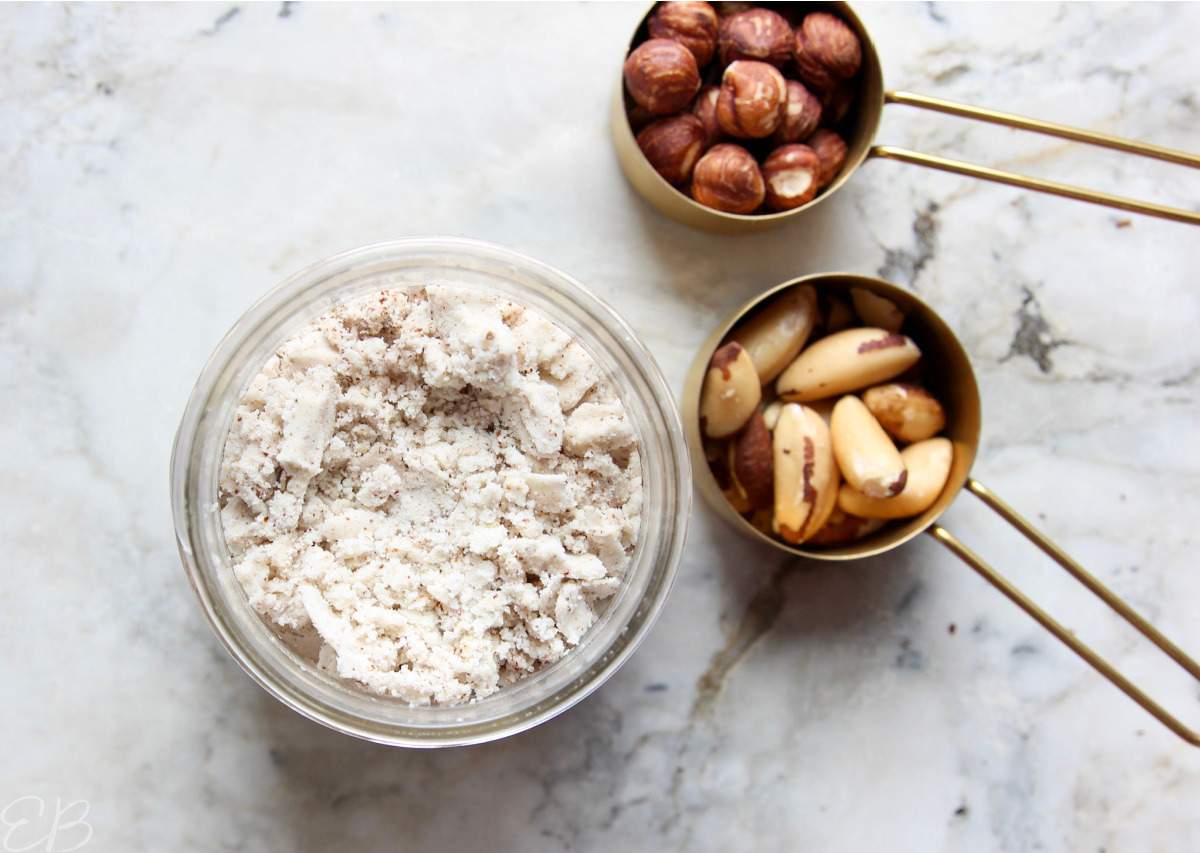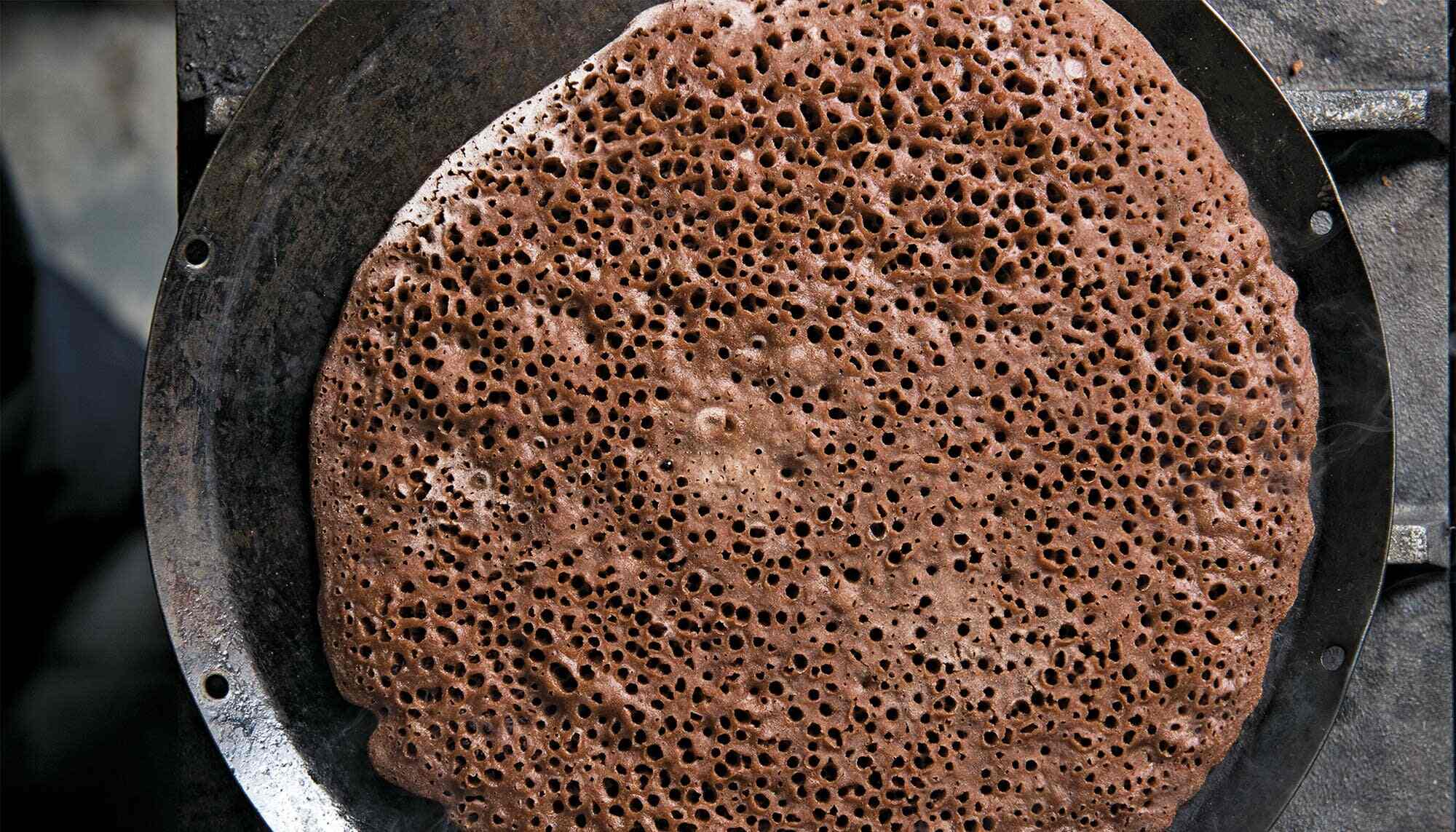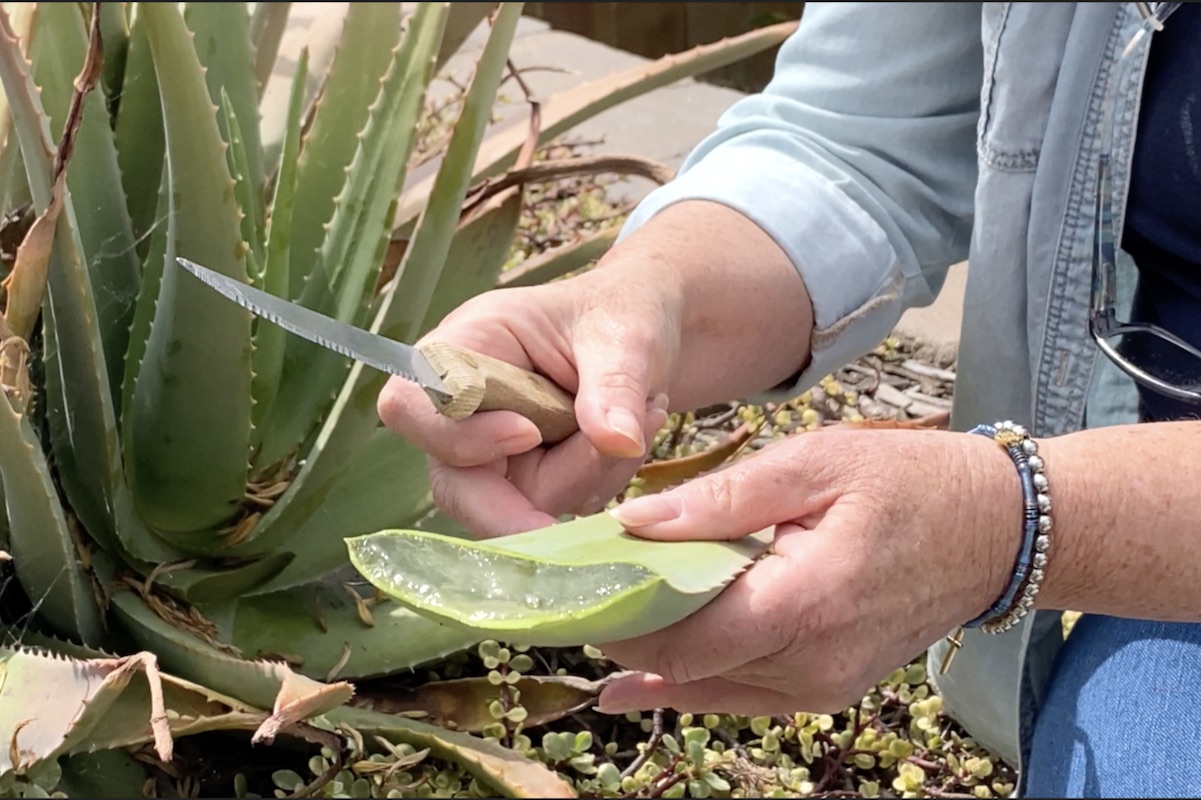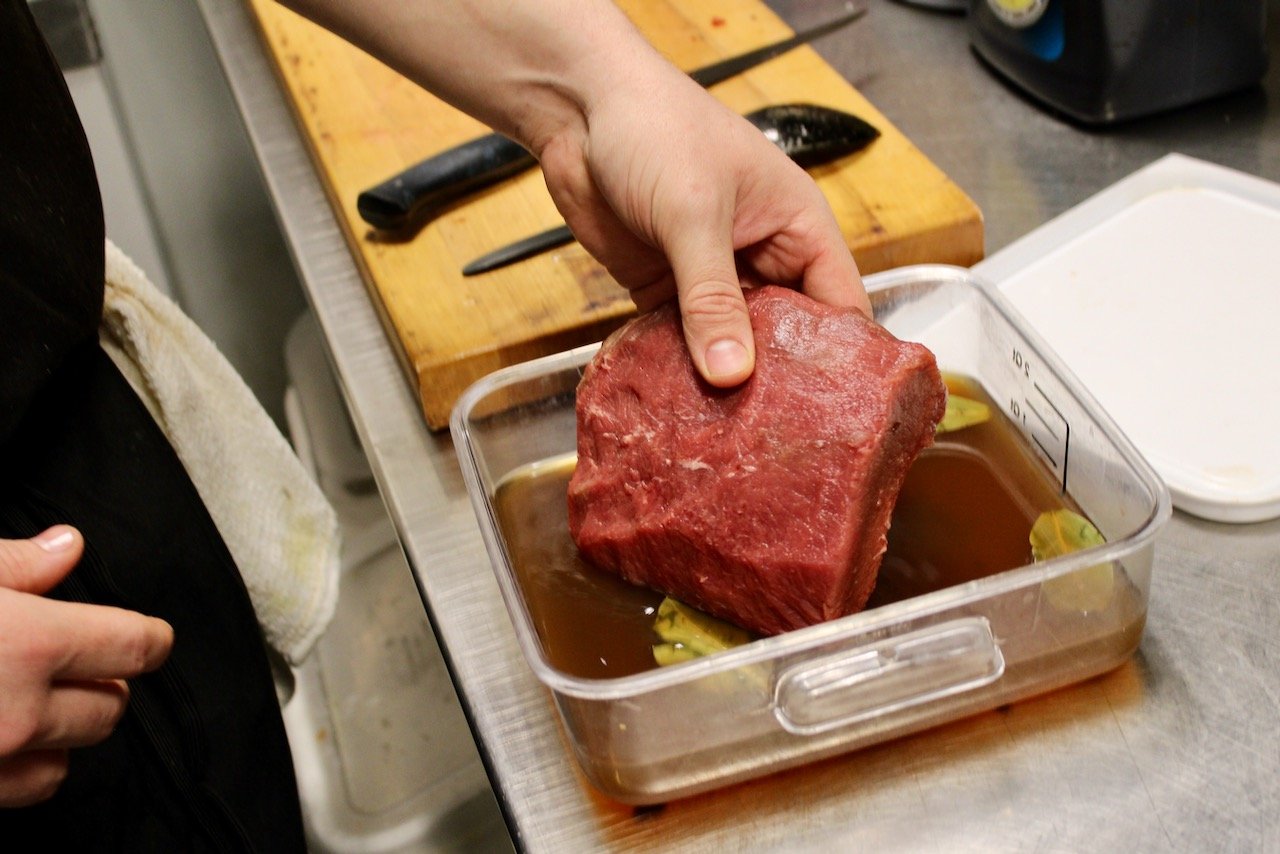Unlock the Secret to Perfect Pizza Dough: Fermentation
Are you tired of making pizza dough that lacks the depth of flavor and airy texture you crave? Look no further! The key to achieving the perfect pizza dough lies in the process of fermentation. By allowing the dough to ferment, you can enhance its flavor, texture, and digestibility, resulting in a truly exceptional pizza crust.
What is Fermentation?
Fermentation is a natural process that involves the breakdown of carbohydrates by microorganisms such as yeast and bacteria. When it comes to pizza dough, fermentation is achieved by allowing the dough to rest and rise over an extended period, typically at room temperature or in the refrigerator.
The Benefits of Fermenting Pizza Dough
So, why should you bother fermenting your pizza dough? Here are some of the incredible benefits:
- Enhanced Flavor: Fermentation allows the dough to develop complex, nuanced flavors, resulting in a more delicious crust.
- Improved Texture: The action of yeast during fermentation creates air pockets in the dough, leading to a light and airy texture.
- Increased Digestibility: The fermentation process breaks down gluten and phytic acid, making the dough easier to digest for those with sensitivities.
How to Ferment Pizza Dough
Now that you understand the benefits, it’s time to learn how to ferment your pizza dough. Follow these simple steps to achieve outstanding results:
- Prepare the Dough: Start by preparing your pizza dough as you normally would, using your favorite recipe.
- Allow for Rest: Once the dough is mixed, cover it with a damp cloth and let it rest at room temperature for 30 minutes. This initial rest period allows the gluten to relax, making the dough easier to shape.
- Refrigerate the Dough: After the initial rest, place the dough in a lightly oiled bowl and cover it with plastic wrap. Transfer the bowl to the refrigerator and let the dough ferment for at least 24 hours. This slow fermentation process will work wonders for the flavor and texture of your pizza dough.
- Bring to Room Temperature: When you’re ready to make pizza, remove the dough from the refrigerator and let it come to room temperature for about an hour before shaping and baking.
Tips for Perfectly Fermented Pizza Dough
As you embark on your pizza dough fermentation journey, keep these tips in mind to ensure success:
- Use High-Quality Ingredients: The quality of your flour, yeast, and water will directly impact the flavor and texture of your dough.
- Experiment with Fermentation Times: Depending on your schedule and preferences, you can adjust the fermentation time to suit your needs. Longer fermentation generally leads to more developed flavors.
- Embrace the Tang: Don’t be alarmed if your fermented dough develops a slightly tangy aroma – this is a sign that the fermentation process is working its magic!
Conclusion
By incorporating the process of fermentation into your pizza dough-making routine, you can elevate your homemade pizzas to new heights. The patience and care involved in fermenting pizza dough are well worth the effort, resulting in a crust that boasts unparalleled flavor and texture. So, why wait? Start fermenting your pizza dough today and savor the delicious rewards!
Was this page helpful?
Read Next: How To Ferment Wheat Germ






